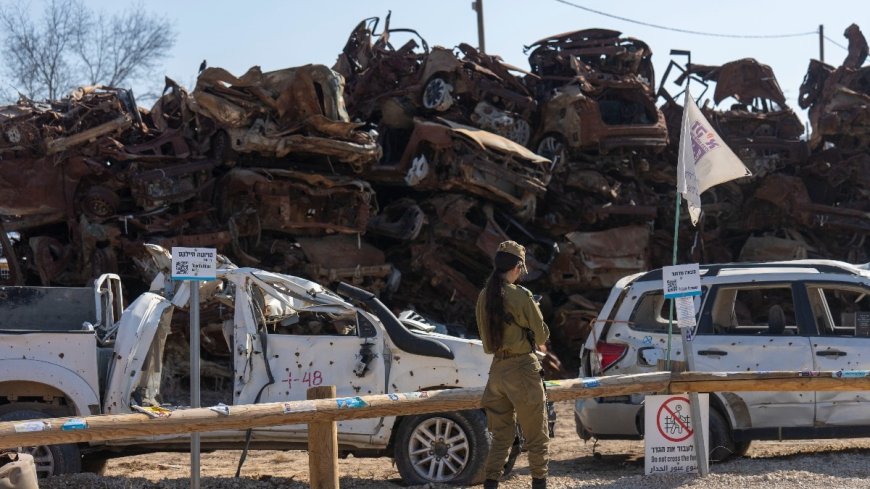Israeli soldiers threaten to stop fighting if Gaza ceasefire deal not secured
Israeli soldiers threaten to stop fighting if Gaza ceasefire deal not secured

Israeli Soldiers Threaten to Stop Fighting if Gaza Ceasefire Deal Not Secured
In a striking development amid ongoing negotiations, Israeli soldiers have publicly voiced their concerns regarding the continuation of military operations in Gaza. This bold statement highlights the growing frustration among troops who feel compelled to protect their own interests while the conflict endures. News by dharmyuddh.com
The Context of the Conflict
The Israeli-Palestinian conflict has a long and tumultuous history, with each side grappling with deep-seated grievances and aspirations. The latest outbreak of violence has further exacerbated tensions, prompting calls for a ceasefire. Now, as discussions progress, Israeli soldiers are signaling a need for resolution before they consider remaining actively engaged in combat.
Soldiers' Concerns
According to various reports, Israeli soldiers have expressed that the lack of a fair and timely ceasefire deal could lead to a significant decline in morale and willingness to participate in ongoing military actions. The emotional toll of prolonged combat, coupled with the desire for stability and peace, has become increasingly evident. Many soldiers are also considering the broader implications for their families and communities, as continued fighting leads to a more complex situation on the ground.
The Role of Leadership in Ceasefire Negotiations
Military leadership will need to address the concerns raised by troops while also negotiating terms with Palestinian representatives. Both sides have a vested interest in achieving a ceasefire, but challenges remain regarding trust and mutual recognition of rights. Effective communication and a willingness to compromise will be vital in achieving a successful agreement.
The Importance of Public Support
As this situation unfolds, public sentiment in Israel plays a crucial role. Citizens’ perceptions of military operations and their outcomes will influence government decisions relating to the continuation of hostilities. Soldiers believe that public support for a ceasefire is essential to maintaining morale and ensuring that their sacrifices are recognized.
Looking Ahead
The coming days will be pivotal as negotiations continue and the potential for a ceasefire looms. It is paramount that all parties involved work toward de-escalation in order to save lives and foster long-term peace in the region. Only through collaborative efforts can there be hope for a resolution that honors the needs and rights of all individuals affected by this protracted conflict.
For more updates, visit dharmyuddh.com







